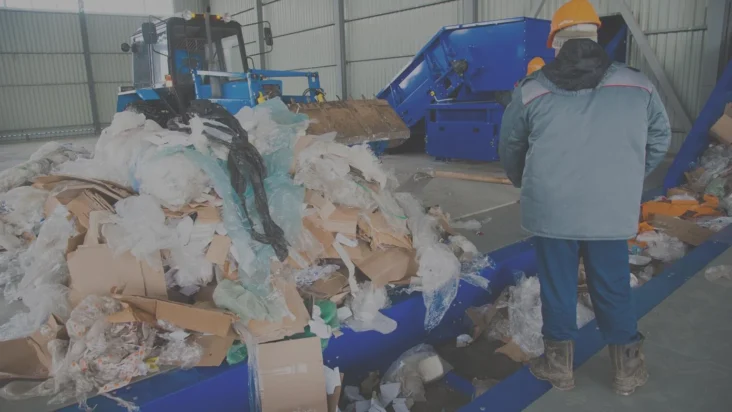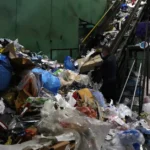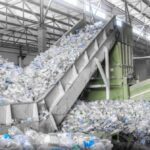If you’re considering diving into the world of recycling, it’s crucial to understand both the challenges and opportunities that lie ahead. Recycling is not just about tossing items into bins; it’s a multifaceted process that offers numerous benefits while presenting its fair share of hurdles.
The recycling industry confronts challenges like contamination and market demand, but it offers vast opportunities. From boosting economies to conserving resources, recycling fights climate change and unites communities. By educating ourselves, minimizing contamination, and embracing innovation, we can create a greener, more sustainable world. Together, we can seize recycling’s potential for a brighter future.
In this comprehensive guide, we’ll explore the key challenges and exciting opportunities in the recycling industry. Let’s embark on this recycling journey together!
Table of Contents
Understanding the Recycling Industry
Before we tackle the challenges and opportunities, it’s essential to grasp the fundamentals of the recycling industry.
Recycling Basics: Recycling is the process of converting waste materials into reusable resources. This practice significantly reduces the strain on our planet’s natural resources and curtails pollution.
Materials in Focus: Recycling typically involves materials like paper, cardboard, glass, plastics, and metals. These materials go through collection, sorting, cleaning, processing, and, finally, manufacturing into new products.
Challenges in Recycling
Recycling faces several challenges, some of which include:
1. Contamination Woes:
One significant issue is contamination. Items placed in recycling bins sometimes contain non-recyclables or food residue. Contaminated materials are often discarded, undermining recycling efforts.
2. Market Demand Dependency:
The recycling industry is not solely driven by good intentions; it’s influenced by market demand. If there’s no demand for specific recycled materials, they may not get recycled.
3. Inconsistent Regulations:
Regulations and recycling programs vary by region, making it challenging to maintain consistent recycling practices across the board.
4. Consumer Education:
Many people remain unaware of what can and cannot be recycled, which contributes to contamination and inefficiency in the recycling process.
Opportunities in Recycling
Despite these challenges, recycling presents a plethora of opportunities:
1. Economic Growth:
The recycling industry offers substantial economic potential. It generates jobs, encourages innovation, and contributes to economic growth.
2. Resource Conservation:
Recycling conserves valuable natural resources like water, minerals, and forests. It also reduces the energy required to extract and process raw materials.
3. Environmental Benefits:
Recycling significantly decreases greenhouse gas emissions and lowers pollution levels. It helps combat climate change and supports cleaner air and water.
4. Community Involvement:
Recycling fosters community engagement. Local recycling programs and initiatives bring people together to work towards a common goal.
Navigating the Recycling Journey
If you’re considering starting a recycling program or venture, here are some tips to help you overcome challenges and seize opportunities:
1. Education is Key:
Educate yourself and your community about proper recycling practices. Understand what can and cannot be recycled in your area.
2. Minimize Contamination:
Reduce contamination by ensuring that items placed in recycling bins are clean and free of non-recyclable materials.
3. Promote Awareness:
Advocate for recycling initiatives in your community. Encourage local businesses, schools, and organizations to implement recycling practices.
4. Support Innovation:
Stay informed about the latest recycling technologies and trends. Embrace innovative solutions to address challenges.
5. Rethink Consumption:
Make sustainable choices by reducing consumption and opting for reusable items whenever possible.
In Conclusion
Recycling is a journey filled with both challenges and opportunities. Understanding these aspects is crucial for anyone looking to make a positive impact on our environment. While recycling faces its fair share of hurdles, the benefits it offers—economic growth, resource conservation, and environmental improvements—far outweigh the challenges.
By educating ourselves and our communities, minimizing contamination, and advocating for recycling, we can collectively work toward a greener, more sustainable tomorrow. Remember, every step in the recycling journey brings us closer to a cleaner and healthier planet. So, let’s embark on this recycling adventure together and make a positive change!


